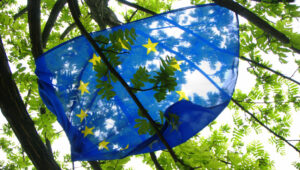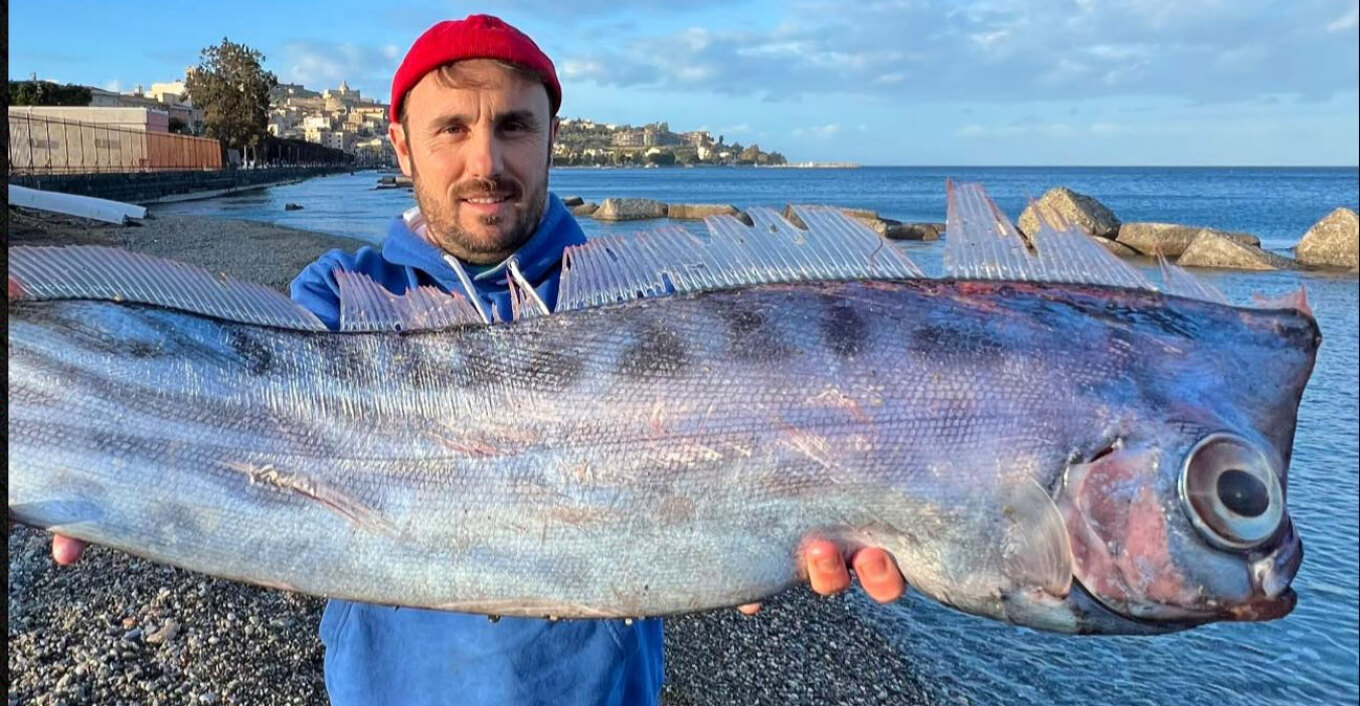The European Environment Bureau hosted a roundtable event in Brussels this week where civil society groups highlighted their environmental priorities ahead of the European Parliament elections.
The European Environmental Bureau (EEB) is Europe’s largest network of green NGOs.
All agreed that current and future MEPs must do more to ensure effective EU regulations protect people and the environment.
The event was held as part of an EEB/New Economics Foundation project that aims to halt what they call “the EU’s deregulation drive”.
MEPs Philippe Lamberts (Green/EFA, Belgium), Sirpa Pietikäinen (EPP, Finland) and Helmut Scholz (GUE/NGL, Germany) were present at the event with a diverse range of NGO stakeholders including representatives from Seas at Risk, Friends of the Earth, WWF, BEUC, ECOS, the European Women’s Lobby, Social Pl.
According to the New Economics Foundation, European politicians have put the interests of corporations ahead of those of people and the environment. They say “rules designed to protect us and the places and habitats we hold dear have been painted as ‘burdens’ on business, and attempts are being made to destroy them.”
Patrick ten Brink, Director of EU Policy at the EEB agrees: “Effective and properly implemented regulation ensures that our basic freedoms are protected. We all have the right to clean air and water, and a safe environment free of dangerous toxic chemicals.”
The European Commission has made “better regulation” a priority since the previous European elections in 2014, with corporate lobby groups like Business Europe welcoming efforts to remove regulation.
However, the New Economics Foundation calls this a “narrow, outdated ideological crusade” that has led critical regulation to be “subjected to a process of intensive scrutiny” and in an article for META last year, Ian Carey called it: “
Europe’s threat from within“.
Scrutiny of EU laws is carried out through so-called ‘REFIT’ exercises, where the European Commission consults with stakeholders and assesses the effectiveness of EU rules.
The Commission says that the REFIT platform is designed to make EU law “simpler and less costly”, but recent reviews have suggested it is the implementation of EU law by national governments that should be improved, rather than the laws themselves.
In 2015, when a REFIT exercise threatened the EU’s nature protection laws, more than half a million EU citizens responded to a consultation to demand they – and Europe’s previous nature – be saved. After a year of campaigning environmental groups declared that nature had “dodged a bullet” as the Birds and Habitats Directives were retained.
An ongoing REFIT of the EU’s prized air quality laws has recently presented industry lobbyists and even a German government minister the chance to argue for crucial health protections to be weakened.
Right now, citizens are being asked to stand up for another existing EU law: the Water Framework Directive, which many national governments want to weaken. More than 350,000 people have already supported this petition.
Campaigners say the Commission is wasting time checking whether laws are effective rather than ensuring they are being followed in the first place. Sergiy Moroz, Senior Policy Officer at EEB said: “If there’s a problem with EU nature laws it’s not that they are not effective, it’s that they’re not enforced.”
















